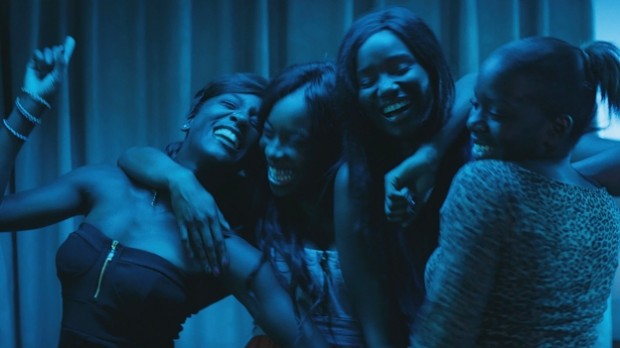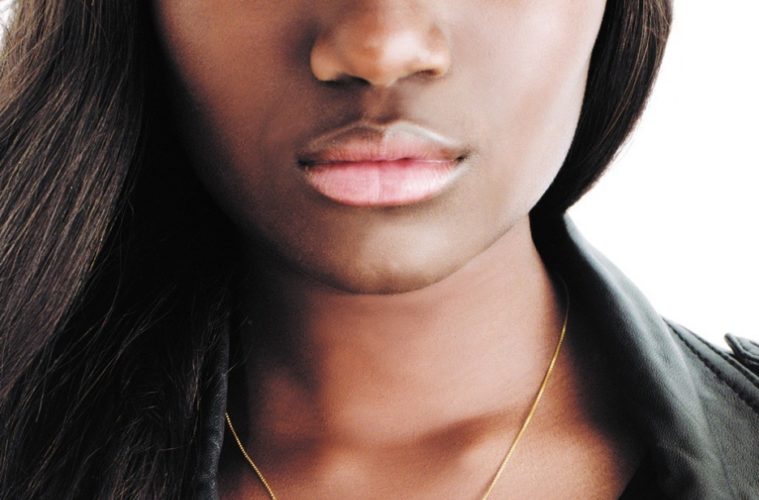With Girlhood, writer-director Céline Sciamma (Tomboy, Water Lilies) deepens her preoccupation with coming-of-age stories focusing on strong, young female leads. Her characters are always outsiders looking to fit in, and each have intense love interests. In her latest, she explores a poor, minority community in France through a drama that could easily prove maudlin and over-the-top. Instead, she used non-actors to perform a script and complement direction that are always restrained and thoughtful.
Marieme (Karidja Touré) is a beautiful teenager who must act responsibly to care for her two younger sisters in an otherwise abusive household. Her parents are absent, so her older brother rules the apartment with a heavy fist. At school, Marieme has poor grades and is told she’ll be transitioned to a vocational school. Soon after, she meets a trio of stylish, tough girls who take her away from her daily worries, but who also influence her to steal and bully. Eventually, Marieme realizes they lead an exciting lifestyle, but clearly aren’t on a productive path. She flees when home life becomes unbearable, leading to more unsavory characters. While she gets some support from a love interest, she’s faced with having to decide on the path she’d like her life to take.

Despite being about a very specific community in France, there’s a universality to many of the main characters’ experiences. To some extent, we’ve all been enticed by a cool group whose actions may be questionable. We’ve all experienced the joy and freedom of being a teenager and singing a song at the top of our lungs — a particularly memorable scene involves Marieme and her new friends dancing and lip synching to Rihanna’s “Diamonds.” What we may or may not relate to is Marieme’s abusive family and relative poverty.
Sciamma does a significant job of immersing us in the culture, in part due to the strong casting of non-actors. Touré is particularly alluring, able to play both vulnerable and tough as nails. For the most part, the camera work is usually very intimate, inviting a close physical proximity. The score is electric, an 80s-sounding, synth-y beat created by Para One. While the pace of the editing is a bit languorous and makes the film languish a bit in certain sequences, overall Girlhood is accomplished as an understated and compelling study of becoming a woman in an impoverished setting.
Girlhood screened at Sundance Film Festival and opens on Friday, January 30 in New York with a national rollout to follow.


